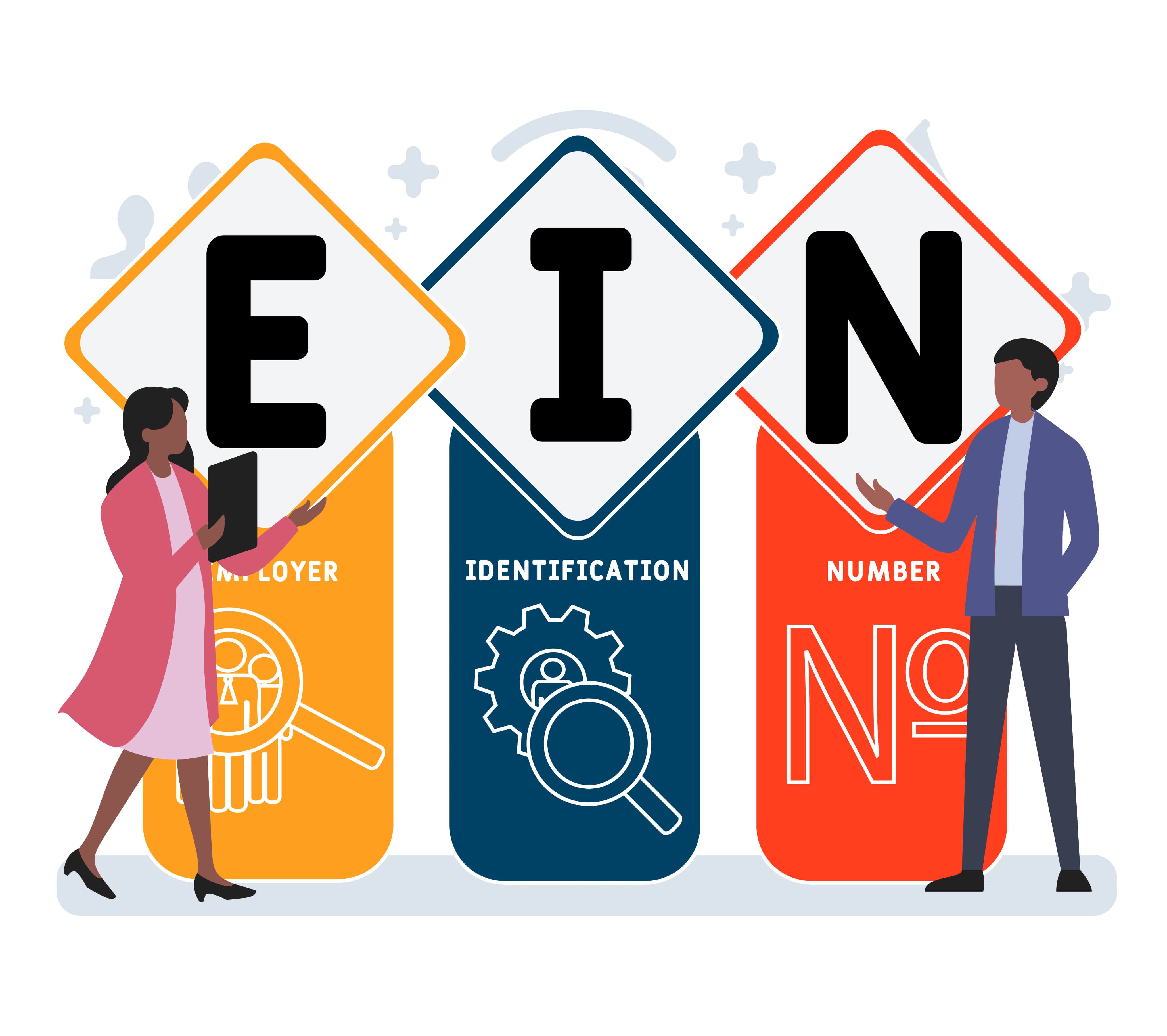Understanding the Importance of Verifying a Company’s Tax ID or EIN Before Investment or Partnership
In the complex world of business and finance, making informed decisions is crucial for success and sustainability. One fundamental step that every serious investor or business owner must undertake before investing capital or entering into partnerships is verifying a company’s Tax Identification Number (TIN) or Employer Identification Number (EIN). This process is not merely a bureaucratic formality but a critical measure to confirm the legitimacy of a business, ensure compliance with financial regulations, and protect stakeholders from potential fraud and risk.
The EIN, often referred to as a Federal Tax Identification Number, is a unique nine-digit number assigned by the Internal Revenue Service (IRS) to identify businesses for tax purposes. Its verification serves as an official validation of a company’s existence and its standing within the regulatory framework of the United States. For investors, partners, and suppliers, confirming a company’s EIN is a vital step in conducting due diligence, safeguarding investments, and fostering trust in business dealings.
What is an EIN and Why Does it Matter?
An Employer Identification Number (EIN) is a unique identifier that the Internal Revenue Service (IRS) assigns to businesses operating in the United States. Its primary purpose is to facilitate tax administration and reporting. However, its significance extends beyond tax matters, as it also serves as a credential that authenticates the legal existence of an entity.
When you verify an EIN, you are essentially confirming that the company is registered with the IRS, recognized as a legitimate business entity, and authorized to operate legally. This verification process protects you from engaging with fraudulent or non-compliant entities that may jeopardize your investment or partnership.
How to Verify the EIN of a Company
The process of verifying the EIN varies depending on whether the company is public or private. Public companies are generally more transparent due to regulatory requirements and are obligated to disclose their EINs in various Securities and Exchange Commission (SEC) filings, such as 10-K and 10-Q reports. These documents are publicly accessible and can be reviewed to verify a company’s EIN easily.
On the other hand, private companies are not required to disclose their EINs publicly. Verification in such cases involves obtaining authorization from the company and using official IRS tools or state databases. Authorized representatives can request confirmation directly from the IRS or utilize state business registries that maintain EIN information. It is important to adhere to legal and privacy guidelines during this process to avoid potential violations.
Official Tools and Platforms for EIN Verification
To ensure accuracy and security, it is advisable to use official platforms and tools when verifying a company’s EIN. Some of the most reliable resources include:
- The Internal Revenue Service (IRS) – The IRS provides services such as the EIN Online Assistant, which can aid in validating EINs for certain situations.
- Securities and Exchange Commission (SEC) Filings – For public companies, SEC EDGAR database provides access to official filings containing EIN information.
- State Business Registries – Most states maintain databases of registered businesses including tax identification details.
- Authorized Third-Party Verification Services – Licensed providers can perform EIN verification for authorized clients while ensuring compliance with privacy laws.
Using these official channels significantly reduces the risk of encountering fraudulent companies and protects sensitive personal or financial information.
The Risks of Skipping EIN Verification
Neglecting to verify a company's EIN before entering into investments or partnerships can expose investors and business owners to numerous risks. These risks include, but are not limited to:
- Fraud and Scams: Unverified entities may misrepresent their business status or financial health, leading to significant monetary losses.
- Legal Non-Compliance: Engaging with unregistered or non-compliant companies can create legal liabilities and regulatory penalties for all parties involved.
- Tax Issues: Lack of EIN verification risks associating with companies that may be evading taxes or involved in illicit financial activities.
- Damage to Reputation: Partnerships with illegitimate businesses can harm your professional reputation and future business prospects.
Therefore, due diligence through EIN verification is crucial to mitigate these risks and ensure responsible business conduct.
Best Practices for Investors and Business Owners
To uphold financial security and compliance, investors and business owners should incorporate the following best practices when verifying EINs:
- Always request the company’s EIN and supporting documents prior to investment or entering any contract.
- Verify the provided EIN through the IRS or through SEC filings if applicable.
- Engage legal or financial professionals to assist with complex verification processes.
- Avoid third-party verification services that do not have proper authorization or legal standing.
- Maintain comprehensive records of verification activities for audit and compliance purposes.
By following these guidelines, you enhance your ability to make informed and secure business decisions.
When and How to Seek Professional Legal Advice
While verifying EINs is a straightforward process in many cases, certain situations may require professional legal counsel. These include scenarios involving complex ownership structures, cross-border partnerships, or when you suspect irregularities in documentation.
Our company, Legal Marketplace CONSULTANT, specializes in providing comprehensive legal support to investors and business owners navigating these complexities. Our experienced team of attorneys, tax consultants, auditors, and financial advisors can guide you through proper verification procedures, help interpret legal nuances, and ensure full regulatory compliance.
Should you need assistance in verifying a company’s EIN or require other legal services related to investments and partnerships, do not hesitate to contact us. You can reach out via the contact information provided in our bio or send us a private message for confidential consultation.
Summary of Key Takeaways
- Verifying a company’s EIN is essential before investing or forming partnerships.
- Public companies’ EINs can be found in SEC filings; private companies require authorized verification.
- Use official IRS tools and state databases to avoid privacy violations and financial risks.
- Skipping EIN verification can lead to fraud, legal issues, and financial loss.
- Consult professional legal services when dealing with complex cases or uncertainties.
In today’s fast-paced business environment, the verification of a company’s Tax Identification Number or Employer Identification Number is a non-negotiable step in safeguarding your investments and business partnerships. This practice ensures legitimacy, promotes transparency, and upholds compliance, significantly reducing risks associated with fraud and legal complications.
Our team at Legal Marketplace CONSULTANT is committed to supporting investors and business owners in every aspect of the verification process and beyond. By partnering with us, you gain access to expert legal advice and comprehensive services designed to protect your interests and facilitate successful business engagements.
Legal Marketplace CONSULTANT is a dedicated legal firm specializing in full-service support for businesses and individuals. Our expertise encompasses corporate law, taxation, compliance, and financial advisory, all aimed at empowering clients to navigate the complex business landscape confidently.































